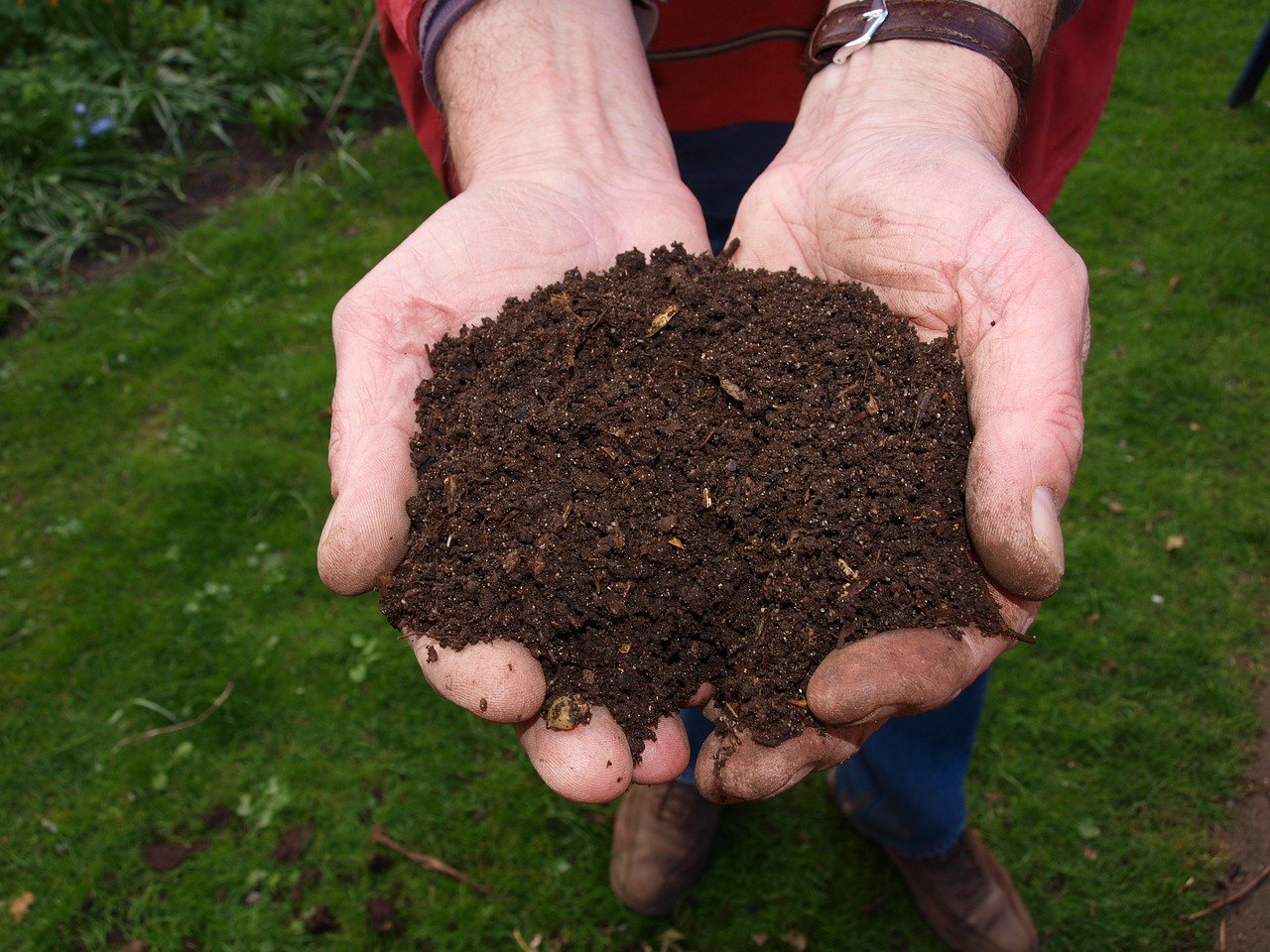
See an assessment of a variety of different tools for citrus soil health from a UF/IFAS soil microbiologist.
“Florida’s citrus soils are problematic because they are 98% sand, low in organic matter and nutrient deficient.” So said Sarah Strauss, a soil microbiologist and associate professor at the Southwest Florida Research and Education Center during a late January presentation. According to a Citrus Industry article on the presentation, Strauss discussed “the benefits, challenges and unknowns of cover crops, compost and humic acid for citrus soil health.” See the highlights below.
Citrus Soil Health Tools
Strauss covered the following tools for citrus soil health:
“COVER CROPS
Cover crops provide nitrogen; reduce weeds, soil erosion and soil compaction; and increase soil moisture and soil organic matter, Strauss stated.
She named several citrus cover crops, singling out the legume sunn hemp as one that has offered good benefits for citrus.
Soil organic matter increased after one year of cover crops, she reported. Other take-home messages about cover crops included:
- Cover crops can change soil microbiome composition and functions.
- The magnitude of change depends on the cover crop mix and timing.
- Cover crops can impact the citrus rhizosphere.
- Remaining questions about cover crops include their long-term impacts on trees, nutrient release/availability and carbon sequestration.
COMPOST
Strauss said compost benefits include being readily available and a nutrient source.
Difficulties with compost include high cost, availability, variability and being a potential source of weed seed.
The researcher’s take-home messages stated that compost impacts on the rhizosphere differ based on rootstock, and that compost can change the rhizosphere related to specific root nutrients.
Questions remaining about compost include:
- Long-term impacts on trees
- Nutrient release/availability
- Difference in compost types and application rates
HUMIC ACIDS
Strauss said humic acids, which have extremely high carbon content, are often recommended to growers to increase soil nutrients, build soil organic matter and promote crop growth. However, she reported that humic acids did not:
- Change soil physiochemical properties
- Significantly change the active soil microbial community
- Improve tree growth or yield
Remaining questions about humic acids include the wide range of application rates that are recommended.”
Griffin Fertilizer is committed to helping both growers and ranchers make sound agronomic and economic decisions in order to maximize the health of their grove and pasture. As a full-service custom dry & liquid fertilizer blender and crop protection product distributor, we will continue our mission to further advance Florida agriculture. For questions -or concerns about your farm or pasture, contact us and one of our team will be in touch.